With his movie-star good looks, you would expect to see Stacey Souther in front of the camera but he went behind the lens to helm Valerie, a beautiful, touching portrait of Academy Award-nominated actress Valerie Perrine. This Texas-born stunner went from being a Las Vegas showgirl to having a highly successful film career. She made a splash in her first film, 1972’s Slaughterhouse-Five, and was nominated for an Oscar for her portrayal of Honey Bruce opposite Dustin Hoffman in Lenny. Of course, Valerie’s most iconic role was that of Lex Luthor’s henchwoman, Miss Teschmacher, in Superman and Superman II.
During her career, Valerie worked with legendary directors, including Bob Fosse, George Roy Hill, and the late Richard Donner and alongside actors such as Hoffman, Jeff Bridges, and Robert Redford. She also starred in the notorious musical-turned-cult classic Can’t Stop the Music, a movie that told the fictitious origin story of the Village People.
In recent years, Valerie has been suffering from Parkinson’s Disease. The disease has left her unable to act, but her spirit shines through as she partakes in the fight of her life, and Stacey’s camera follows her as she goes through surgeries and doctor visits. The award-winning documentary features tons of intimate footage, interviews with celebrities including Jeff Bridges, David Arquette, Sarah Douglas, and Loni Anderson, and all of the personal recordings, videos, and mementos that Valerie kept over the years. We sat down and chatted with Stacey about this must-see movie that offers an intimate look behind the curtain at a truly one-of-a-kind actress.
SL: Thank you so much for taking the time to talk to me. I downloaded the movie as soon as it was available to me and I’ve watched it already and it’s so moving and wonderful and it’s such a beautiful portrait of Valerie.
Stacey Souther: Thank you so much. From the beginning till now was a little over seven years. I wanted to capture Valerie. I wanted to capture her spirit through this battle with Parkinson’s and just show the amazing life she’s had because …I mean, if people could have 10% of the life that she’s led, they’d be happy.
I know that you and Valerie were neighbors. How did you get to know each other?
Well, in 2006, Valerie and I met walking dogs because we live in the same neighborhood. And there’s a little bit more craziness to the story, I didn’t know who she was. We just started chatting and she’s a huge animal lover and she asked me if I wanted to go on the secret hike with her, where she would take her dogs. I said, sure – and this is before smartphones. So, she was giving me her email address at the time – and this will show how long ago it was. It was a Hotmail address. Near the end of the conversation, I said I’m really bad with names – because it was her name in the email address.
And so, she says, “Do you know what iMDB is?” And I said, “Of course, I’m an actor.” She said, “Did you ever see the movie Lenny?” and I was like, “Well, no.” I mean, I kind of know what it is, but I never saw it. And she literally asks, “(Sigh) Did you ever see Superman?” I said, “of course” and she said, “I was Miss Teschmacher.” I said, “Oh! Okay. I know who you are.”
So, there was this whole thing – and a weird other side note. Maybe a year before we met, I had a really bad cold. I never take it easy. It was a Sunday. I’m like, you know what? I’m just going to relax and watch some movies and chill out. I started watching Superman, which I’d seen, you know, a hundred times, and I thought, I wonder whatever happened to that lady? I believe a year later I meet her here and now it’s 16 years later. And now there’s a movie about her.

Did you ask Valerie if she wanted a documentary or did she ask you to start documenting things? How did the documentary evolve?
[Valerie’s] had this amazing life and she had wanted to write a book for a long time. She had worked on that and went through some different avenues to try to get that going. And I don’t think she really put a lot of push behind it because this is before she was sick as well. You know, you think you’re going to have all the time in the world. And I said somebody needs to make a documentary.
So basically, I told her, “Hey, if I can get somebody to do something, do you want to do it?” And she said “sure”, it was kind of a loose conversation. And then again, when she was going to have this brain surgery, that was a once in a lifetime thing, it had to be shot or it wasn’t going to be shot. So that pushed me into shooting, that was the whole start.
I borrowed a camera. I did it all very guerrilla-style, but she was cool with it. I wanted to tell her story and I didn’t want her legacy to be forgotten. That’s the whole thing. And also, I kind of thought that this would be a nice bookend to her life and her career.
But yeah, she was totally on board, especially when you see a lot of the Parkinson’s stuff. I wanted to show a real day in the life and that’s really raw. She was okay with that. I mean, part of the reason she was cool showing that is, you know, there are people that have Parkinson’s and that are going through so many other horrible life-changing diseases, be it neurological or cancer or anything, or also just people that are having a rough time in life. She wanted people to know you’re not alone, that this could happen to anybody. She’s a movie star.
You don’t think anything happens to movie stars. You know, they’re 30 forever and always beautiful and always rich. And that’s not the case, but she wanted to do it. People could look at her and see that they weren’t alone. And if that could help somebody have a better day and just reassess what they were going through. That is one of the reasons she did it. She wanted to be a positive light for people to see.
What were the biggest challenges that you faced putting this film together?
Hmmm, the biggest challenge. I mean, there is a lot of work that goes into it. This was my first film. I literally fell into filmmaking because of David Arquette, something came up and he’s like, “Oh, Stacey can shoot it.” And I said, “I don’t know anything about a camera. I’ve never used one.” So, I fell into it and I just kind of had a knack for it. And then [Valerie] was going to have brain surgery. That’s the first stuff I shot. I literally borrowed a camera and just kind of shot. I kind of knew what I was doing.
But back to your question about the hardest stuff, some of the interviews were a little hard. I mean, they weren’t hard to get, but it was a lot of work to get some of them, some of them were super easy. Actually, some of the ones you think would be really hard were some of the easier ones to get.
Valerie’s like my mother. I spent a lot of time with her anyway, like day-to-day already. But when I was scanning all of her archives, that was maybe 1600 pieces of photos, magazines, newspaper clippings, going through VHS tapes, all that stuff, I did it at her apartment. So, here I am in one room going through all the stuff about this amazing woman, everybody’s saying all these great things and you see all these amazing pictures of her from childhood, movie star, Las Vegas, the whole thing. And then I would have to go into the other room and ask, “Who is this in this picture with you?” or whatever. And to go from one room, where this persona, this amazing person that never ages was to going in the next room – and this was maybe five years ago, when she was already in the grips of Parkinson’s, so it wasn’t bad, but it would kind of punch in the chest a little bit, you know, just seeing where she was at that moment from where she’d been her whole life.
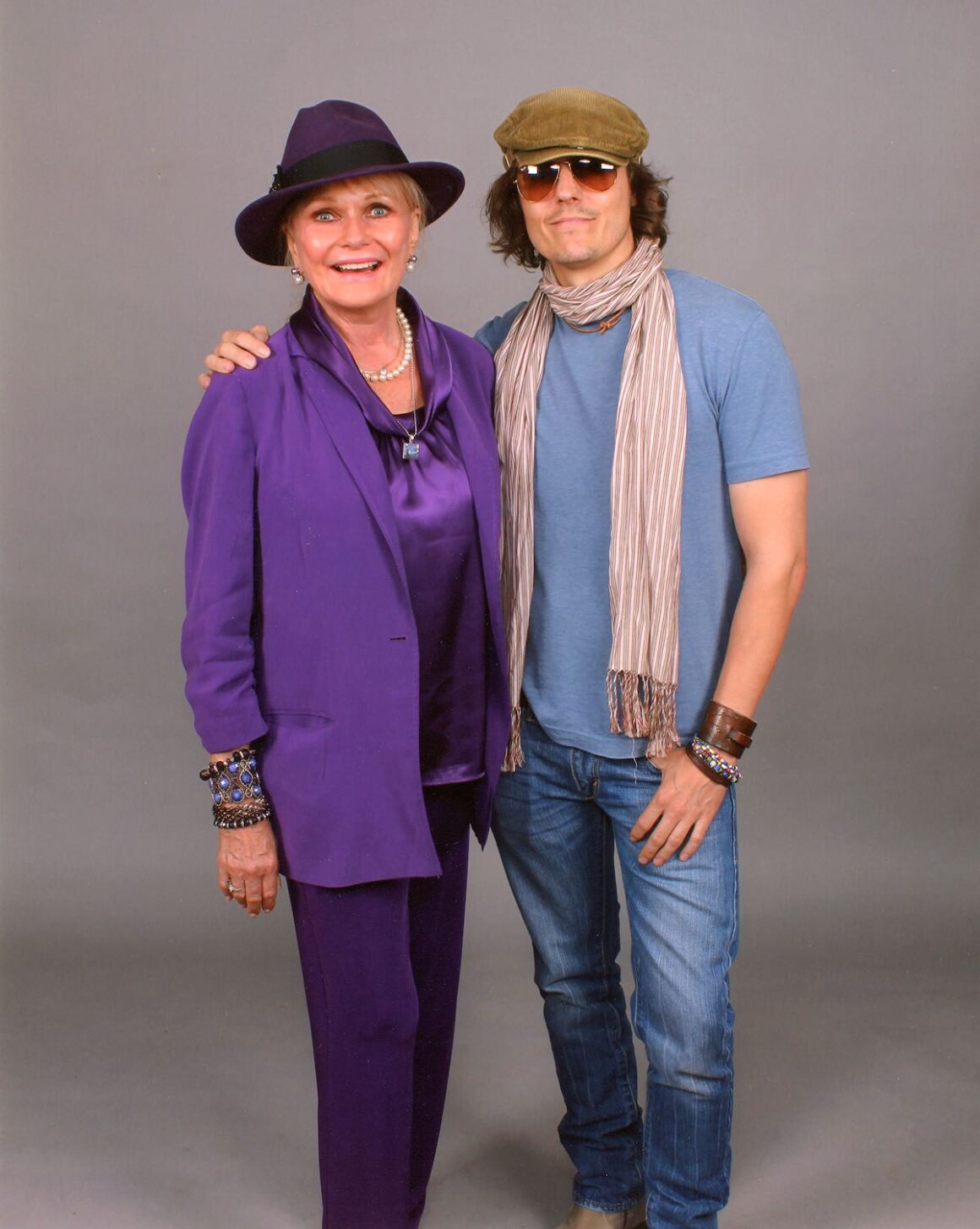
I’m a child of the 80s and have seen Can’t Stop the Music more times than I care to admit; and I think that it’s really awesome that recently in social media, Valerie’s kind of embraced that movie. Do you really think, because you had implied it in the film, that it ruined her acting career?
It didn’t help her career because that movie was a big flop when it came out. I mean, in the middle of filming disco died, like I think TIME Magazine released an issue before the film came out, disco was dead, so that didn’t help the movie back then.
It wasn’t a great movie but now it’s a cult movie and it’s great. [Valerie] and I watched it on Blu-ray two or three weeks ago and it’s fun to visit now, you know, it’s like time traveling to 1980. It’s fun. And the Village People are in it and all those guys are great.
But yeah, she always said that ruined her career, and she also started to travel a lot after that. She would go live in England for a couple of years or Italy for a couple of years. And you can’t really do that, trying to be a working actor, you know, because if you’re going out of the spotlight for too long people, they kind of forget about you. I think there are a few things that made her career slow down a little bit.
What do you think Valerie sees as her biggest accomplishment in her life?
I’ll give you two things. I know that she’s very proud of her Vegas years. She says in the documentary, “I don’t think of myself as a movie star. I think of myself as a showgirl.” That was a very happy time, the Las Vegas years – because she was there for like eight or nine years and she was a big deal.
And I would say also, working with Bob Fosse and everything that came from Lenny, because, you know, she says it, but I mean, come on. Bob Fosse didn’t say to many people, “You’re the best actor, I’ve ever worked with.” That means something, you know, and I know she’s really, really proud of that.
Did you learn anything surprising about Valerie while you were working on the doc?
Well, it’s one of the things in the movie that’s kind of a shocker. I can’t really say, because I want people to watch it. It’s the part after Vegas. I don’t want to give it away because it’s a big bombshell. Everybody has got to see the documentary now so you’ll know what I’m talking about.
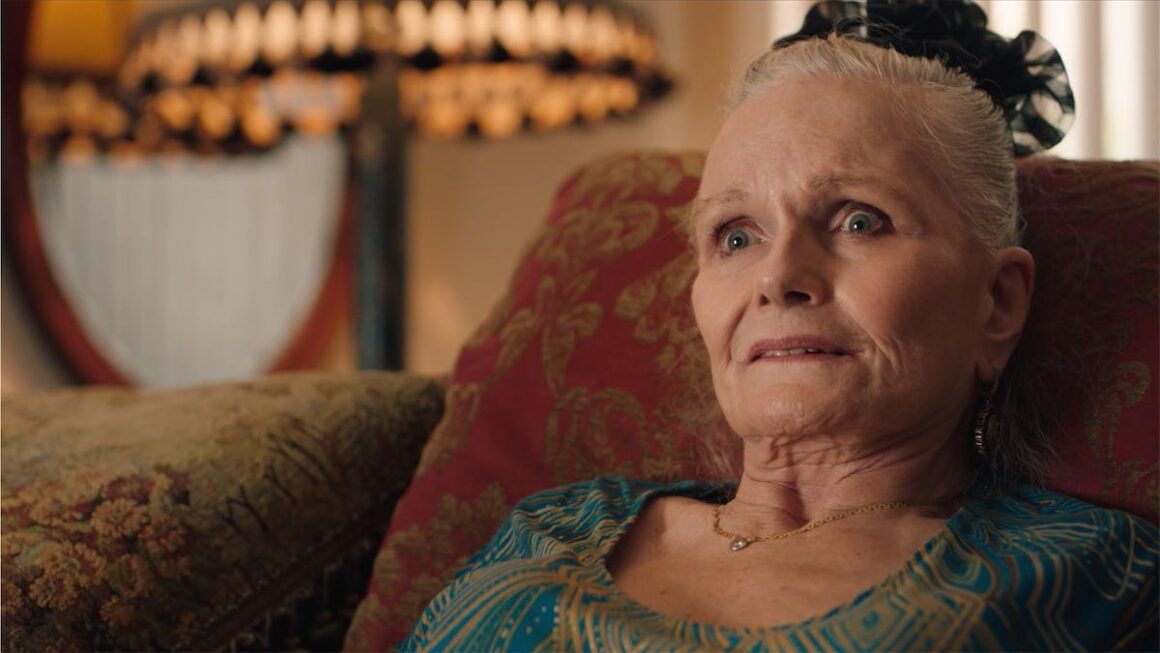
Did you learn anything surprising about yourself while you were working on this film?
I would say that just to do a documentary. This is the first film that I’ve ever done. I’ve acted a little bit here and there and now I’ve worked on other things, but everything you see in this film, I shot – except for maybe one or two little things. I got all the interviews. I did all the interviews. I was a one-man crew. That was it.
I’m surprised that I completed [the movie] from start to finish because I’d never thought of being behind the camera or making a film like that. I mean, I did have help with the post-production stuff. The guys that helped me out were my producers Aaron Harvey, who is an amazing filmmaker, Oliver Ridge, who is great and David and Christina Arquette, who were executive producers. I was surprised that an idea from here made it out there to the world for everyone to see. I’m impressed with myself for doing that.
Have you been bitten by the documentary bug now is like, what’s next for you after this?
I was a producer last year on You Cannot Kill David Arquette. It’s on Hulu. It’s about David’s return to professional wrestling. He won the heavyweight belt in 2000 and the wrestling world and community hated him, because he was an outsider, and 20 years later, he wanted to redeem himself and earn the respect of the wrestling community. He really learned to wrestle and did the whole thing and it’s crazy. He almost dies in it.
Anyway, I’m a producer on that and I pop up in that and I’m working on a couple of docuseries projects. One’s about Jessie Graff. She’s an American Ninja Warrior and she’s huge in that world. She’s the first woman to complete the course that only a man had done before. She’s a great role model for us and she’s just an amazing person. So, there’s that, and there’s this serial killer, true crime docuseries that we’re trying to put together. It’s kind of a mixed bag of different stuff.
Valerie is currently available to buy or rent at valeriemovie.com. There you can also donate towards Valerie’s medical expenses via GoFundMe. You can also get the film via Vimeo . Follow Valerie on Twitter, Facebook and Instagram. Follow Stacey on Twitter and Instagram.
LINK LOVE
 | 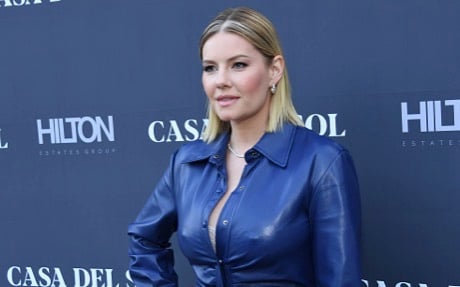 | 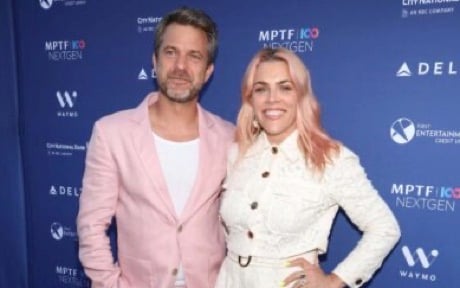 |
| Sabrina Carpenter offered an alternate album cover which is “approved by God” (Celebitchy) | The case of the disappearing actress: Elisha Cuthbert (Pajiba) | Aw, it’s Pacey and Audrey, together again (Go Fug Yourself) |
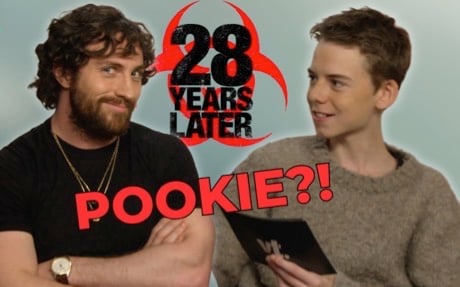 | 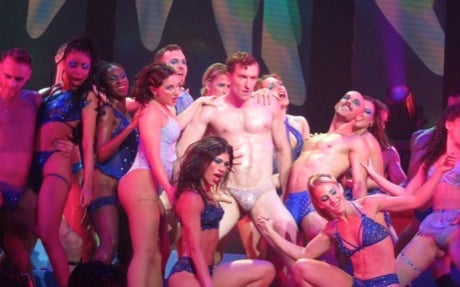 | 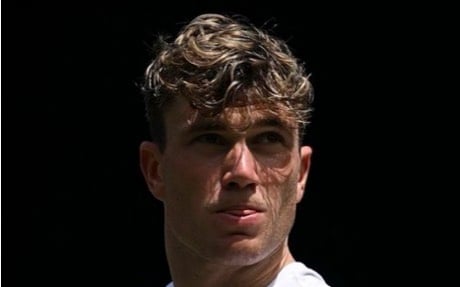 |
| OMG, WATCH: ’28 Years Later’ star Aaron Taylor Johnson test his new Gen-Z slang knowledge (OMG Blog) | Broadway Bares 34: Come Out, Come Out — A Review (Boy Culture) | Jack Draper in white (Kenneth in the 212) |
HOT DEALS

Crocs Baya Clog
Make a comfy Crocs statement with the Crocs Baya Clog. A twist on the signature Classic Clog, it features the lightweight, durable build you love with advanced ventilation for breathability and to help drain water and debris. [Crocs]

Old Navy Classic Fit Pique Polo
The Old Navy Classic Fit Pique Polo features a spread collor with a buttoned placket and is a soft-washed pique knit made of 60% cotton and 40% polyester. [Old Navy]
Like most websites, Socialite Life uses affiliate links where available, which means we earn a little commission if you click through and buy something. Also, as Amazon Influencers, we earn from qualifying purchases. Savings shown are those from the date and time of this article’s publication.











![Apple Watch Series 10 [GPS 42mm case] Smartwatch with Jet Black Aluminium Case with Black Sport Band - S/M. Fitness Tracker, ECG App, Always-On Retina Display, Water Resistant](https://m.media-amazon.com/images/I/31hPF0KUqoL._SL160_.jpg)